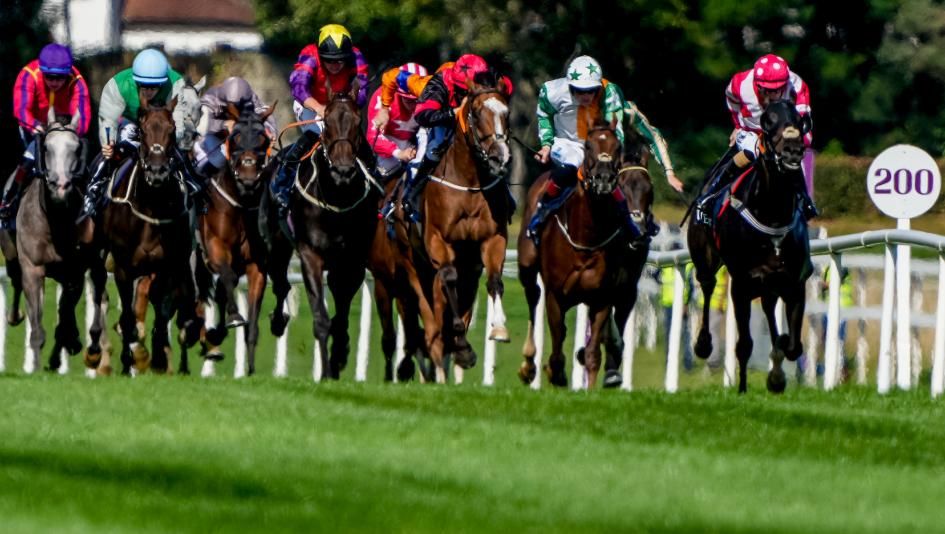
Smarty Jones’ Hall of Fame Induction Brings Philly Feel to Saratoga

Once the starting gate opens in a horse race, the betting tickets are pulled out and the competition among gamblers begins. In those exciting moments, your mind is racing with the possibility that your chosen horses will win.
Was placing a parlay bet better than a wager on five picks? Sweat beads build on your forehead, your heart is pounding in your chest, and you second guess each decision as the race nears its end.
Whatever the outcome, let's analyze how you can use both your hunch bets and statistical knowledge to give yourself a competitive edge when wagering on horse racing.
Evolution has taught us a great many things. One of those things is a greater understanding about how the human mind collects information, which is used for both personal and marketing insights.
Identifying knowledge and utilizing it as a steppingstone to reach better understanding is the reason humans have been able to achieve growth. On occasion, this is done long before the action was realized.
This can be seen in the cases where occasional gamblers place a winning wager even when the odds were stacked against them. Unbeknownst to them, they have been subliminally collecting data and trusting their instinct or gut feeling to make what seems like an unlikely bet.
Studying horse racing is a good way to practice collecting statistics and using them in different ways to form an opinion, based on evidence, that you can then rely on to make a winning bet.
Statistics are compiled for a purpose. They are used to measure probability by comparing past results in different circumstances and then applying them to form a new theory or opinion. Knowing how to maneuver around each specific scenario is necessary.
Understanding how statistics work is the first step, and learning how to apply the knowledge is next. When doing research on horses, jockeys, and previous races the information is based on starts, wins, seconds and thirds for a specific time period. Keeping a close eye on Thoroughbred news sites or watching and following live races will help in gathering information.
The race record information gives a rough background on the horse. Other important statistics are the records of the horse’s jockey, owner, and trainer. The most important statistics are those of the horse's winning percentage and speed. Understanding the horse's strengths and weaknesses will assist in making educated bets.
After you do a lot of research, you’ll better understand each horse entered in a race and be able to compare it with its competitors. You should value information about the jockey's and trainer’s performance. Factor in the horse’s age and its previous performance in similar environments as well. All this information can help you make your decision.
There is, however, an unseen element that would be missed – and that would be intuition. Many refer to it as a “gut feeling.” Indeed, this instinct is what many claim and credit to many wins and good decisions in their life.
Although people of science may argue about intuition and call it nonsense, any seasoned gambler can describe that there are times this feeling has opposed all logic, yet trusting it led to epic wins.
Using intuition for horse betting will be a process of trial and error. No betting style will be the same. First, you need to trust your skill in research and applying statistics to a particular race. Then, trust that you are self-assured enough to be able to instinctively know when to take a risk. Having confidence in your ability is vital.